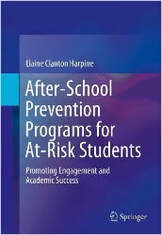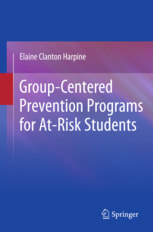I’ll be teaching a free training workshop on vowel clustering, January 26th at 10:00 AM in Corpus Christi, Texas. Come join us. This is also the beginning of a ten-part series here on vowel clustering. If you have questions, contact me. (Click the mail button on the top right.)
Let’s begin by defining vowel clustering. Vowel clustering teaches children to decode and encode letter sounds to read words (Clanton Harpine, 2010). As Dr. Shaywitz states, children must learn to decode (break down) words into letter sounds and then encode (reassemble) those sounds back into pronounceable words if they are to learn to read (Shaywitz, 2003). Children are taught to sound words out letter by letter instead of guessing. Vowel clustering emphasizes learning the lowercase alphabet and sounding out letter sounds and combinations of letter sounds. Students never memorize word lists or phonics rules.
Vowel clustering recognizes that vowels are the most important sounds for children learning to read and teaches all of the sounds for a vowel in a cluster. With the letter a, the children learn all seven sounds used by letter a and the 22 different letter combinations that can be used to make those seven sounds. The traditional phonics approach was to teach the “short vowel sounds” and then the “long vowel sounds using silent e.” The other sounds were called “irregular sounds,” but irregular vowel sounds cause children the most confusion. Teaching vowels in clusters teaches children to learn all of the sounds for each vowel in an organized pattern. It’s easier and less confusing, and it works directly with how the brain assimilates and organizes letter sounds—connecting synapses and building pathways. Vowel clustering simply means to teach words by sounds rather than by letters. See Chapter 1 in my After-School Prevention Programs for At-Risk Students (2013) and Chapter 4 in my Group-Centered Prevention in Mental Health (2015) for examples of how this concept is applied in teaching children to read.
At all of my reading clinics, we work with children in small groups and use the group-centered format that combines learning and counseling. All of my programs use vowel clustering:
· A student who failed for nine straight years in public school is now reading.
· A student diagnosed with ADHD and failing in reading moved up two grade levels in one year.
· A student diagnosed with dyslexia and whose parents tried everything, including expensive private one-on-one tutoring, learned to read, and moved up to beginning chapter books in one year.
· Six children who entered the program reading at the (pre-K) level ended the year reading at the 2nd grade reading level. Only one child in the group was a first grader.
· One student started at the pre-K level and ended the year reading at the third-grade level, while a second grader started the year reading below first grade and ended at the fourth-grade level.
· One student moved up four grade levels in reading, four students moved up three grade levels in reading, and eight students moved up two grade levels in reading.
· The next year, 2 students moved up four grade levels in reading, 3 students moved up three grade levels in reading, and 6 students moved up two grade levels in reading.
Vowel clustering works. We will be using vowel clustering teaching techniques with Camp Sharigan in Corpus Christi, Texas and with the Reading Orienteering Club program in Aiken, South Carolina. Both programs start on January 28th. Contact me if you would like to participate.


 RSS Feed
RSS Feed
